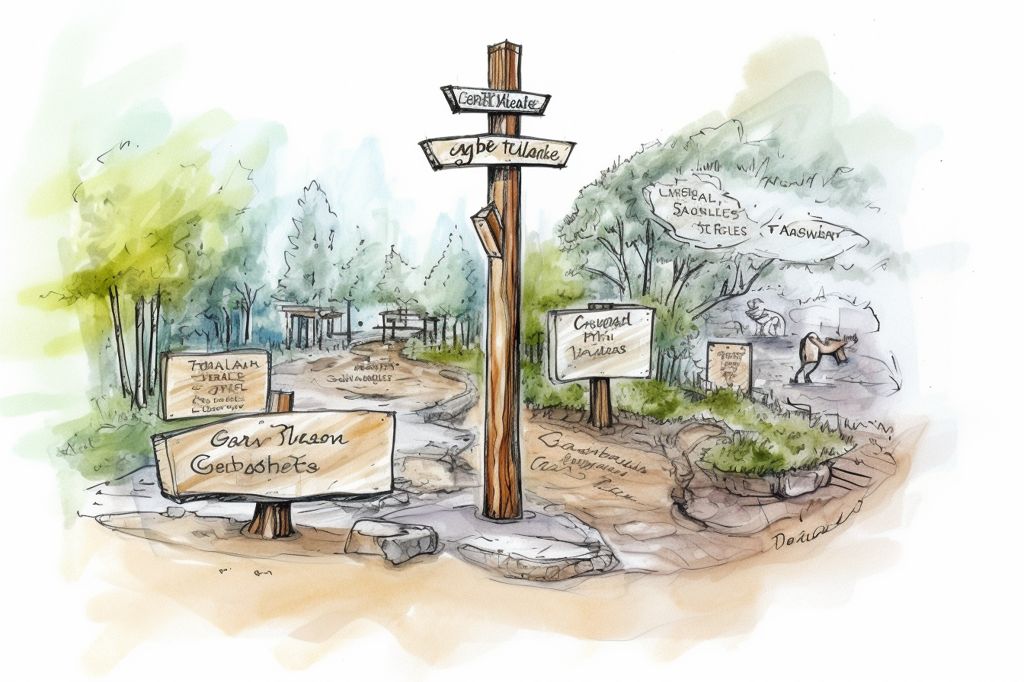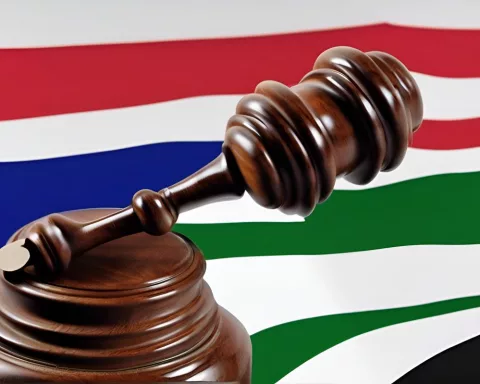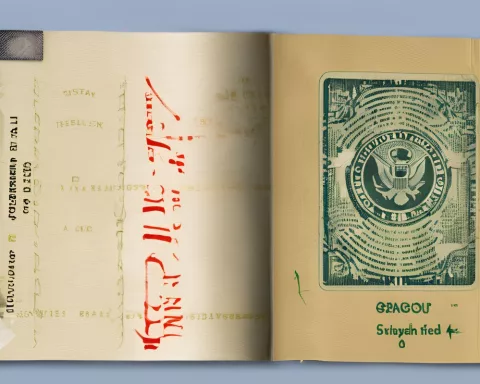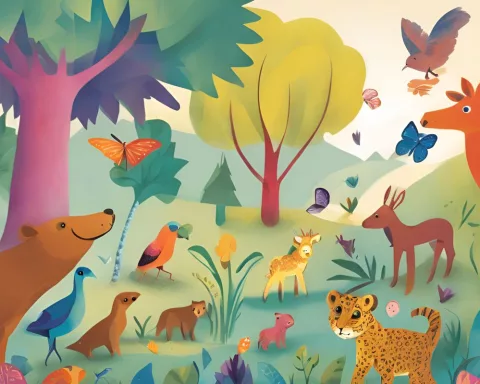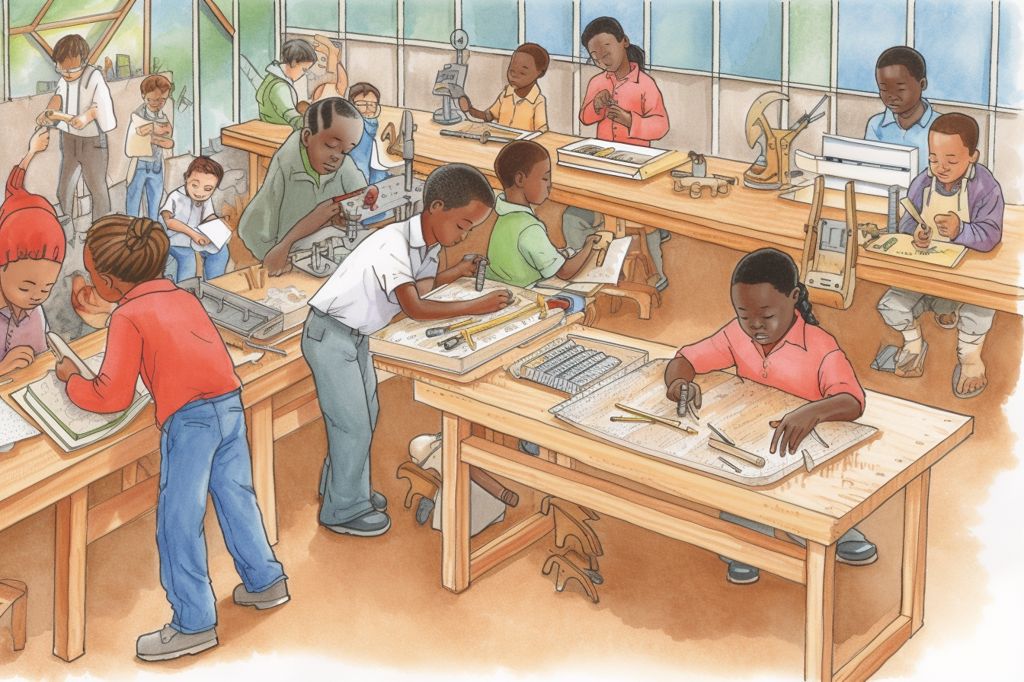The Gauteng Geographical Names Committee (GGNC) plays a critical role in preserving the cultural and historical heritage of Gauteng Province. As one of eight provincial geographical names committees in South Africa, it guides local authorities in the naming and renaming of geographical features within the province.
Reflecting Diversity and Heritage
The GGNC recognizes the importance of accurately capturing and reflecting the area’s rich cultural and historical identity through the naming and renaming of streets, buildings, parks, and other landmarks. Its responsibilities include ensuring that names represent the diversity and heritage of the province.
Quarterly Meetings and Stakeholder Involvement
The GGNC holds quarterly meetings to discuss operational plans and the naming and renaming of geographical features in the upcoming quarter. These meetings provide a platform for open communication, collaboration, and transparency among the committee’s members and stakeholders.
Preserving Gauteng’s Unique Identity
The GGNC’s work is significant and crucial in maintaining Gauteng Province’s unique identity. The careful selection and maintenance of geographical names ensure that the province’s diverse heritage remains preserved and celebrated for generations to come.
Openness and Collaboration
As part of its commitment to transparency and collaboration, the GGNC invites the media to attend its quarterly meetings. This invitation ensures that the public remains informed and engaged in the committee’s activities and decisions, promoting a greater understanding of the GGNC’s vital work.
In conclusion, the GGNC’s quarterly meetings are essential in preserving and celebrating Gauteng Province’s unique identity. By bringing together stakeholders and carefully considering the naming and renaming of local features, the GGNC continues to uphold the rich cultural tapestry of Gauteng, ensuring its stories and history are passed on to future generations.

